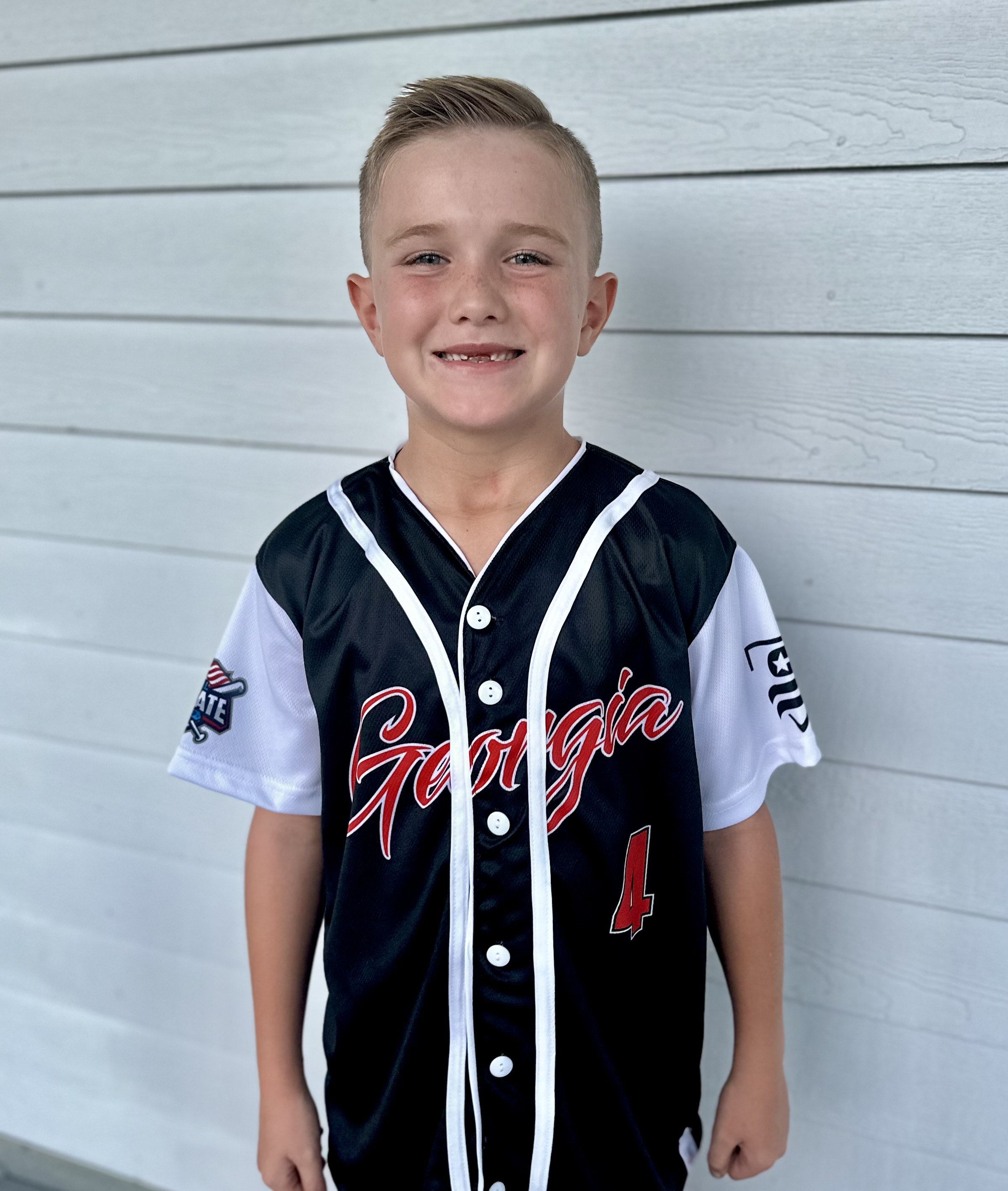Steroid testing could become mandatory for all Florida high school athletes
Published 2:08 pm Wednesday, December 21, 2005
Is steroid use in high school athletes a serious enough problem for the state to pass a law requiring testing? According to Suwannee High Coach Dan Marsee, probably not, but it is a good idea anyway.
“I think one or two kids will get caught every couple of years,” Marsee said. “But if the state will fund it, I have no problem with it.”
The Florida High School Athletic Association says performance-enhancing drugs aren’t a problem at the prep level. But lawmakers disagree and are pushing to pass a bill requiring schools to test for steroids. On Monday, March 29, the Florida House Subcommittee on Pre-K through 12th grade education moved a bill to the full education committee that would require school districts to test for steroids as a requirement to be a member of the Florida High School Athletic Association (FHSAA). Rep. Marcelo Llorente, R-Miami, the bill’s sponsor, says the measure would ensure the state’s 235,000 prep athletes compete on level fields.
“I really don’t think that we have a problem with steriods at Suwannee High,” said SHS Athletic Director Randy Ethridge. “I don’t see evidence of it anyway . . . Obviously, some schools are having a problem or else we would not have legislation dealing with steriods at the high school level.”
The bill being proposed, (HB 861), would require schools, as a condition of their FHSAA membership, to test athletes randomly for enhancers like steroids. It has passed one House committee and needs to clear one more before the full chamber can vote. California is considering a similar measure.
According to Marsee, the cost is so prohibitive that it could force schools from smaller areas like Lafayette County to drop out of the FHSAA and start their own “Intramural-type” sports associations.
“It would be like little league,” Marsee said.
“I want to know who’s going to pay,” Walls said.
At an estimated $110 per steroid test, checking only five percent of athletes could cost $1.2 million annually – funding not provided for in the House bill.
Llorente says testing could be done through a University of Florida laboratory for about $30 apiece. Still, that would be about $350,000 – a figure that may be hard to collect. Especially hard for school districts that are already cutting everything from field trips to art classes. Many districts need parents and parent booster organizations to subsidize most of the sports activities already on the calendar.
According to Marsee, Suwannee County has no drug-testing program in place at this time. He said Columbia County just passed a law this year requiring random testing of all athletes and kids driving to school for recreational drugs.
“I think we’re seeing this because of the recent steroid use discovered in baseball,” Marsee said.
Head Football Coach Jay Walls said he thinks testing is a good idea. “I think testing is good but not just for steroids, for all drugs, especially recreational drugs.”
Four people were recently indicted on charges of distributing steroids to athletes, including baseball stars Barry Bonds, Gary Sheffield and Jason Giambi.
Other performance-enhancers – namely androstenedione, a steroid precursor famously used by Mark McGwire during his 70-homer season in 1998 – are now banned by the Food and Drug Administration and may soon be banned by Congress
“I don’t think the use of performance enhancing drugs is as prevalent as it used to be,” Walls said. “I think athletes know there are better, legal options for enhancing their performances. Kids are so much smarter now. They know those drugs are bad for them.”
According to Matt Douglas, a prominent Suwannee High football player, weightlifter and “A” student, he doesn’t think there is any steroid use at Suwannee High.
“Our guys don’t use it,” Douglas said. “But when other teams come in and blow everyone else out, well, who knows.”
Douglas said if other teams that have come to play and compete in Suwannee County use steroids, they are really quiet about it. Douglas said he feels it would be fair to test for steroids, especially fair for the guys who don’t use it.
A 2003 national survey showed 13 percent of schools have an active drug-testing program, but only three percent check for steroids. Out of 49 percent of athletic directors who responded to the survey by the National Federation of State High School Associations, an Indianapolis-based organization that oversees all state athletic associations, said they want to see steroid testing in their schools.





